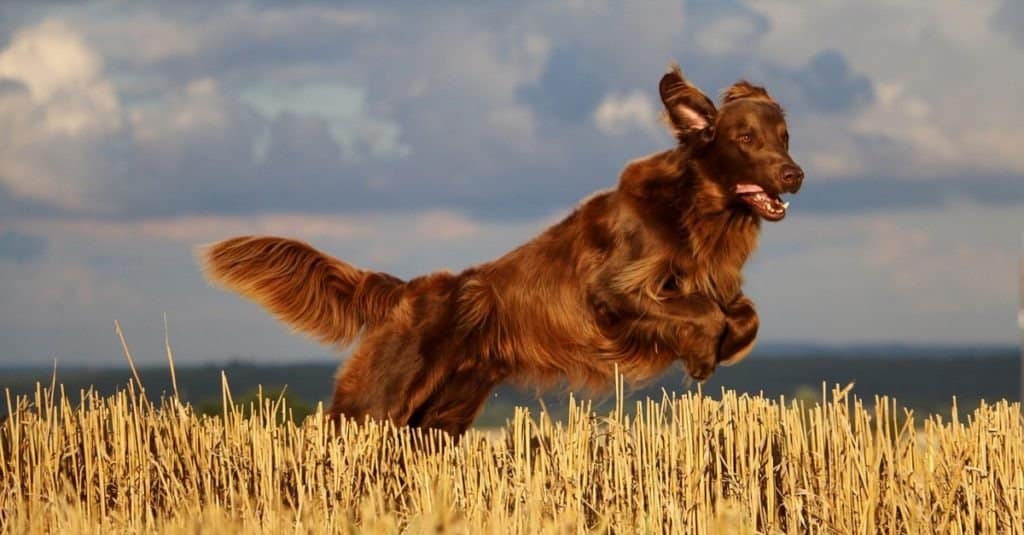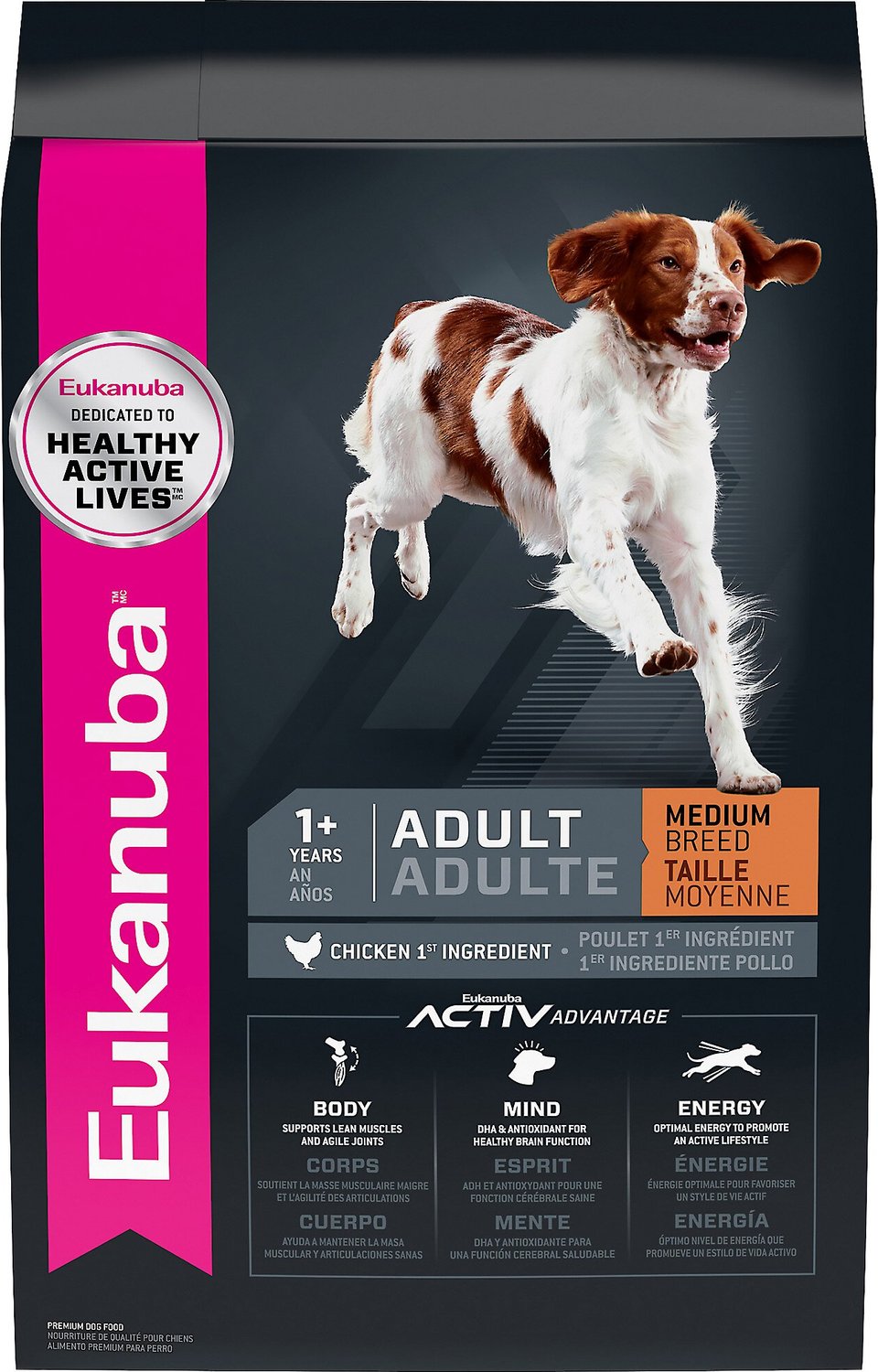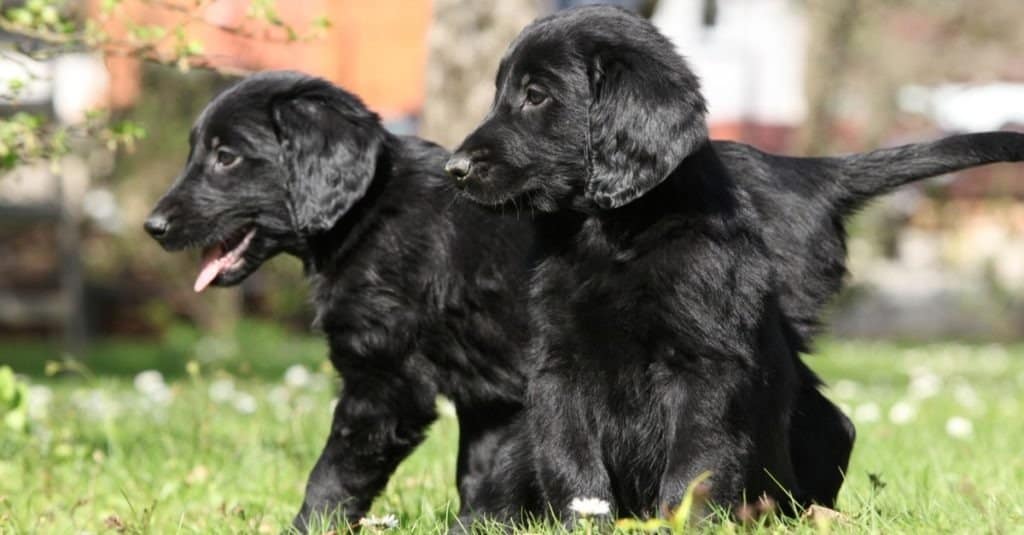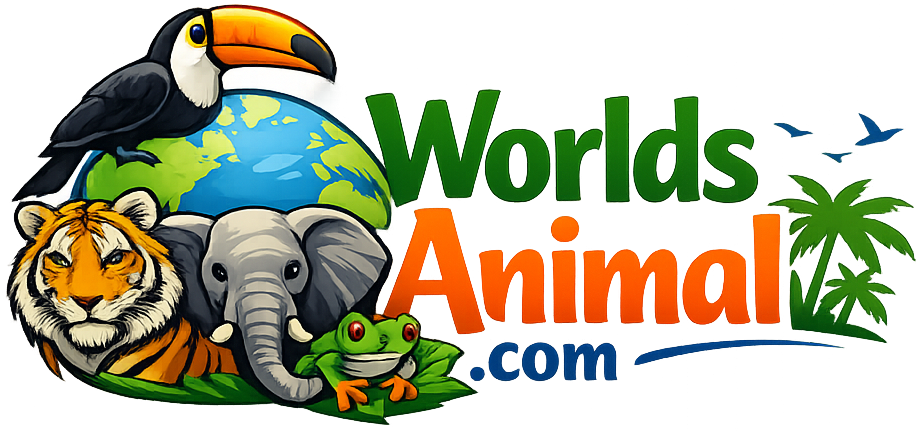The Flat-Coated Retriever has a very happy and outgoing temperament.
They make a great family pet and are great with children. Flat-Coated Retrievers are a large dog breed that may be black or liver-colored in appearance. They were originally bred in England to be a gundog in the mid-1800s. Unlike other breeds that had one main specialty, Flat-Coated Retrievers were bred to retrieve fowl from both land and water.
See all of our expert product reviews.
Articoli correlati
- Attacchi di squali della Carolina del Sud: dove sono accaduti gli ultimi 9 morsi
- Questo video di un coccodrillo in carica ti farà saltare
- Massicci ippopotami bloccano le zanne in una feroce resa dei conti sulla riva
- Sì! Il tuo cane può mangiare fagioli neri. Ecco perché
- Black Racer vs Copperhead: qual è la differenza?
Owning a Flat-Coated Retriever: 3 Pros and Cons
| Pros! | Cons! |
|---|---|
| Great family dog: Flat-Coated Retrievers make an excellent family dog. They are very friendly and playful. | Higher exercise needs: Flat-Coated Retrievers have greater exercise requirements than some other breeds. |
| Easy to groom: A Flat-Coated Retriever only needs to be brushed about once a week to maintain its coat. | Can be jumpy: If not properly trained, this breed can be very jumpy. |
| Easy to train: Flat-Coated Retrievers are intelligent dogs that are relatively easy to train. | Shorter Lifespan: A Flat-Coated Retriever only has an 8- to 10-year lifespan, which is shorter than many other breeds. |

Bianca Grueneberg/Shutterstock.com
Flat-Coated Retriever Size and Weight
Flat-Coated Retrievers are a large-sized dog breed. Males and females both typically weigh between 60 and 70 inches. Males are slightly taller with a height between 23 and 24.5 inches compared to a female’s height of 22 to 23.5 inches. Three-month-old puppies generally weigh between 21 and 29 pounds. Six-month-old puppies weigh between 39 and 54 pounds. Flat-Coated Retrievers finish growing between the ages of 16 and 19 months.
| Height (Male) | 23 inches to 24.5 inches |
| Height (Female) | 22 inches to 23.5 inches |
| Weight (Male) | 60 pounds to 70 pounds |
| Weight (Female) | 60 pounds to 70 pounds |
Flat-Coated Retriever Common Health Issues
Before you purchase or adopt a Flat-Coated Retriever, it is important to learn about the potential health concerns that this breed may face. Being aware of these can help you learn when you’ll want to seek out help from your dog’s veterinarian.
One hereditary problem that Flat-Coated Retrievers may develop is hip dysplasia. This is a condition where the joints don’t form properly and rub against each other as the dog walks. Over time, this can cause a lot of pain and discomfort and may require surgery.
Flat-Coated Retrievers may also suffer from patellar luxation. This is a condition where the patella, or kneecap, slips into and out of place as the dog walks. This can cause their legs to become lame and may need surgery to be fixed.
Health and Entertainment for your Flat-Coated Retriever
See all of our expert product reviews.
Bloat is another potential issue to look out for with Flat-Coated Retrievers. Bloat refers to a dog’s stomach twisting on itself which prevent the dog from being able to expel any air and causes their stomach to bloat up. The causes of bloat are not completely understood, but there is a connection between eating a large meal and exercising vigorously right after, so try to avoid this scenario with your dog. If you suspect your dog is suffering from bloat, seek veterinary care immediately.
In summary, here are some of the more common health issues that a Flat-Coated Retriever may face:
- Hip dysplasia
- Patellar luxation
- Bloat
Flat-Coated Retriever Temperament and Behavior
Flat-Coated Retrievers have a very cheerful and outgoing personality. They can make a good family pet because of many of their personality traits, such as their desire to please their owners and how affectionate they are. In most cases, Flat-Coated Retrievers do well with other dogs and cats as well.
It is important to make sure a Flat-Coated Retriever gets enough personality so they don’t become bored and engage in destructive behaviors.
How To Take Care of a Flat-Coated Retriever
As you prepare to take care of your Flat-Coated Retriever, keep in mind that there are specific considerations you’ll need to make for this dog breed. Think about their temperament, dietary needs, activity needs, potential health concerns, and other factors as you plan for their care.
The Best Dog Food for Flat-Coated Retrievers
Most adult Flat-Coated Retrievers will need between 3.5 and 4.5 cups of food each day. Their food should be portioned out into two meals. The right amount for each dog will vary based on their activity level, age, weight, health concerns, and more. Check with your dog’s veterinarian to determine how much food he or she should eat.
To prevent bloat, monitor your dog’s food intake to make sure they don’t scarf their food too fast or eat too close back-to-back with exercising.
Flat-Coated Retriever puppies have much smaller stomachs than adults. Because of this, they will require smaller, more frequent meals. When the puppies are between eight and 12 weeks, they should eat four times each day. Between the ages of three and six months, puppies should be fed three meals, and by the time they are six months, they can handle just two meals each day. Look for a high-quality puppy food that will meet the growing dog’s nutritional needs.
A-Z Animals believes the best dog food for Flat-Coated Retrievers is Wellness CORE Digestive Health Dry Dog Food with Wholesome Grains.
Since this breed can suffer from digestive problems, we think this digestion support recipe with probiotics and prebiotic fiber is a good option. The special, coated kibble is made from multiple types of fish, a natural source of glucosamine and chondroitin sulfate for the longevity of your Flat-Coated Retriever’s joints.
Check Chewy or Amazon for this product.

- Adult medium breed dry dog food formulated with complete and balanced nutrition for medium breed dogs over 12 months old and weighing between 24-54 lb.
- Promotes lean muscle development and joint health in active adult dogs with a combination of animal protein, glucosamine, and chondroitin sulfate.
- Helps keep dogs sharp and supports healthy brain function with DHA and vitamin E.
- Fuels an active lifestyle with optimal levels of fats and carbohydrates.
- High-quality chicken is the first ingredient for protein that powers his day.
Check Chewy Check Amazon
Flat-Coated Retriever Maintenance and Grooming
Flat-Coated Retrievers are relatively easy to groom and maintain. They do shed a good amount, so you’ll need to brush them about once each week using a metal comb. This will help remove any loose hairs or dirt from their coat.
Additionally, be sure to check and clean your Flat-Coated Retrievers ears to keep them clean and infection-free. Their teeth should also be brushed a few times each week and their nails should be trimmed to keep them from getting long and painful.
Flat-Coated Retriever Training
It will be very important to start training your Flat-Coated Retriever from an early age. This breed can get overly excited and jump a lot. They are also known for chewing. Early training using a method that stresses positive reinforcement works best for Flat-Coated Retrievers. It is also important to socialize your dog from an early age so they begin to learn how to act around other dogs, people, and different situations.
Flat-Coated Retriever Exercise
Daily exercise is a must with this breed. Take your dog out for a walk each day or find time to play with them to make sure their activity needs are met. They also enjoy participating in agility, obedience, and tracking events.
Puppies
As we shared above, Flat-Coated Retriever puppies have a much smaller stomach and need to eat smaller, more frequent meals than adults. Flat-Coated Retrievers are also a very orally-fixated breed, so you will want to begin training your dog not to chew as soon as you bring them home. It is also a good idea to remove anything from your space that could be hazardous if chewed by a puppy or that you don’t want to see ruined.
Before you bring home your new Flat-Coated Retriever puppy, make sure your home is set up and ready for his or her arrival. Purchase a dog bed, a collar and leash, some toys, food, and treats for your dog. Call your veterinarian to set up an appointment for a checkup right after you bring your new dog home.

Zuzule/Shutterstock.com
Flat-Coated Retrievers and Children
This breed is an excellent choice for those looking for a family dog. Flat-Coated Retrievers are very affectionate and tolerant towards children. They can make a great playmate for an older child. Younger children should be more closely supervised around a Flat-Coated Retriever simply because this breed is so happy and active and may accidentally knock down a small child.
Dogs similar to these Retrievers
Labrador Retrievers, Golden Retrievers, and Curly-Coated Retrievers are three breeds that are similar to the Flat-Coated Retriever.
- Labrador Retriever: Labrador Retrievers and Flat-Coated Retrievers look very similar in appearance. They can both have a black coat. Both breeds make a great family dog and are an active breed. Labrador Retrievers can make a good show dog. Flat-Coated Retrievers were bred to be a working dog and do not make a great show dog.
- Golden Retriever: Golden Retrievers and Flat-Coated Retrievers are both gundogs with a similar average weight (65 pounds for Flat-Coated Retrievers and 70 pounds for Golden Retrievers). Both breeds are also very intelligent and playful. Flat-Coated Retrievers are more likely to bark than Golden Retrievers and can make a better watchdog.
- Curly-Coated Retriever: Curly-Coated Retrievers are another large gundog, like the Flat-Coated Retriever. Both of these dog breeds are very affectionate and playful. As the name suggests, Curly-Coated Retrievers have a curlier coat than Flat-Coated Retrievers. However, both breeds may have a black or liver-colored coat.
Famous Retrievers
Over the years, there have been a few famous Flat-Coated Retrievers
- Blarney was H. Reginald Cooke’s Flat-Coated Retriever.
- Humphrey Bogart has a Flat-Coated Retriever.
Popular Names for Retrievers
Need a name for your new Flat-Coated Retriever? Look through the list below to find some great ideas.
- Dylan
- Smoky
- Jesse
- Buster
- Cody
- Gracie
- Princess
- Flora
- Cassie
- Maggie
hildren and adults alike. They enjoy playing and spending time with their family and can be quite tolerant of younger children.
What is a Flat-Coated Retriever?
Flat-Coated Retrievers are gundogs who were bred to hunt game both on land and from the water. This…
Categoria: Dogs

